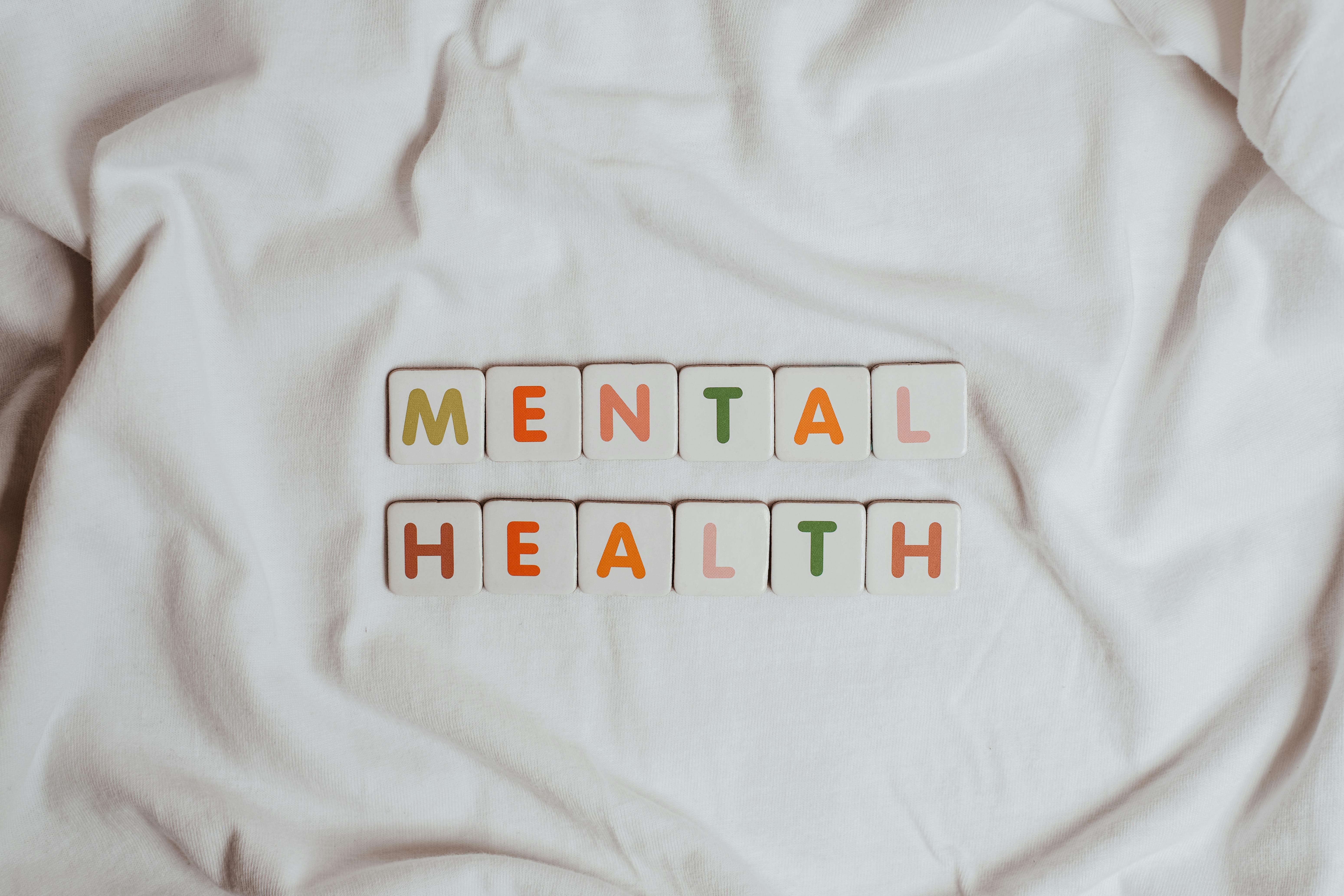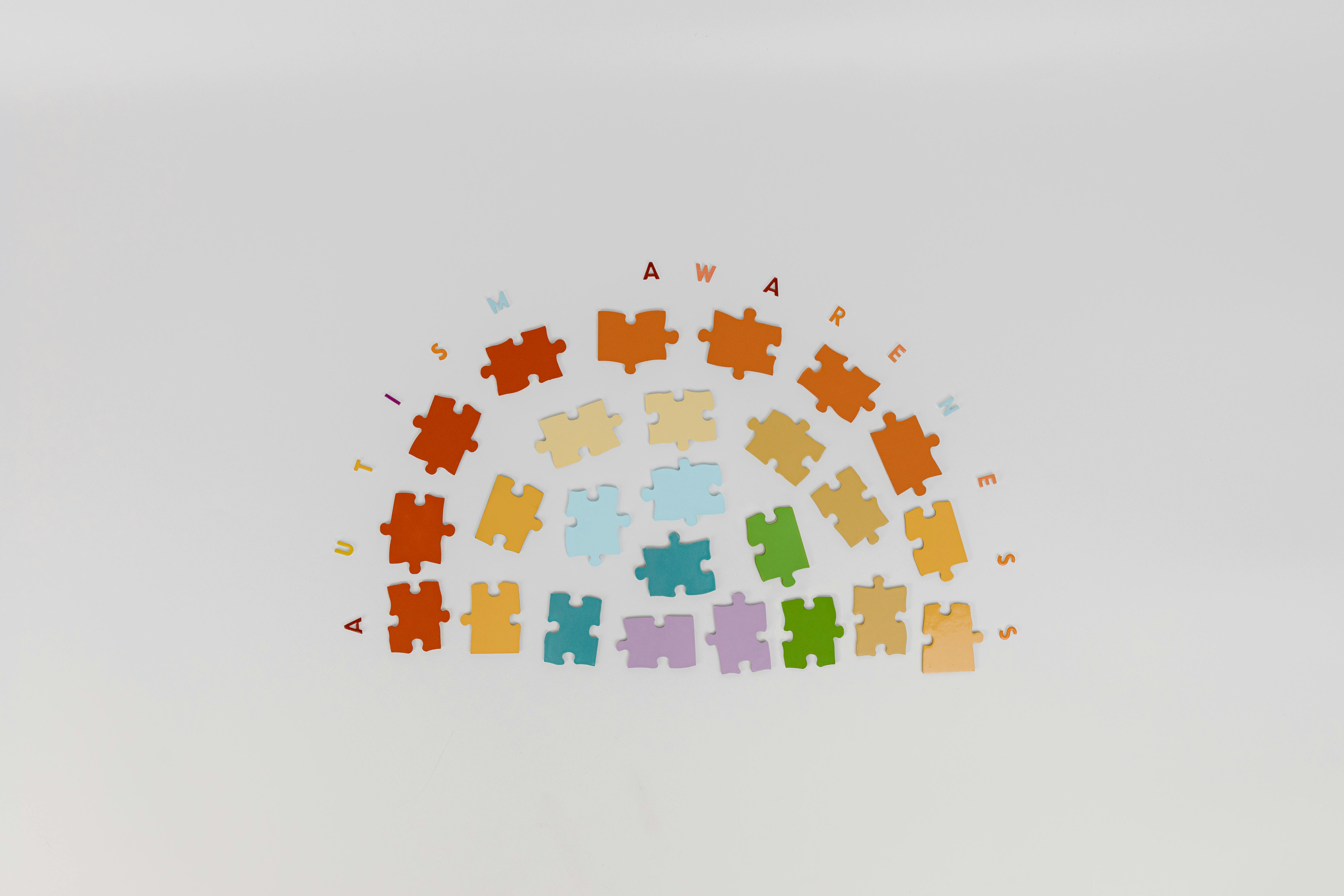Imagine living with a broken arm, but instead of a cast, you’re given a sweater to cover it up. Sounds ridiculous, right? Yet this is exactly how our society often treats mental health issues. We’re told to “toughen up,” “snap out of it,” or worse, to hide our struggles behind a façade of normalcy.
Welcome to the world of mental health stigma, where silence is the norm and suffering is often invisible. But here’s the kicker: mental health conditions are incredibly common. In fact, according to the National Alliance on Mental Illness (NAMI), 1 in 5 U.S. adults experience mental illness each year. That’s over 50 million people!
So why are we still whispering about mental health? It’s time to turn up the volume, folks.
The Elephant in the Room: Mental Health by the Numbers
Let’s start with a reality check. Mental health issues are not rare, they’re not a “character flaw,” and they’re certainly not something to be ashamed of. In fact, they’re incredibly common:
- 1 in 5 U.S. adults experience mental illness each year
- 1 in 6 youth aged 6-17 experience a mental health disorder annually
- 50% of all lifetime mental illness begins by age 14, and 75% by age 24
That’s a lot of people! So why does it often feel like we’re alone in our struggles? Enter: stigma, stage left.
Why We Stay Silent
So if mental health issues are so common, why is there still so much stigma? It’s a complex puzzle, but here are some of the pieces:
- Misconceptions: Many people still believe harmful myths about mental illness, like the idea that people with mental health conditions are violent or unstable.
- Media Portrayal: Hollywood doesn’t always get it right. Inaccurate portrayals of mental illness in movies and TV can reinforce stereotypes.
- Cultural Factors: In some cultures, mental health issues are seen as a sign of weakness or a source of shame.
- Self-Stigma: Sometimes, the hardest stigma to overcome is the one we impose on ourselves.
Why We Need to Talk
The stigma surrounding mental health is like that annoying party guest who just won’t leave. It’s persistent, it’s harmful, and it’s overstayed its welcome. Here’s why we need to show it the door:
- Stigma prevents people from seeking help: A study by the National Alliance on Mental Illness found that 54% of people with mental illness don’t seek treatment. Imagine if we applied that to physical health. “Oh, this broken leg? I’ll just walk it off.”
- It perpetuates misinformation: Thanks to stigma, myths about mental health spread faster than cat videos on the internet. No, having depression doesn’t mean you’re just sad. And no, you can’t just “snap out of it.”
- It leads to discrimination: People with mental health conditions often face discrimination in work, school, and social settings. It’s like being penalized for having the flu – it just doesn’t make sense.
Breaking the Stigma
1. Talk About It
The first rule of mental health awareness is: you talk about mental health awareness. The second rule is: you talk about it some more.
Share your experiences, if you’re comfortable. If you’re not, share facts and statistics. Did you know that anxiety disorders are the most common mental illness in the U.S., affecting 40 million adults? That’s 18.1% of the population. Imagine if we all started talking about it – we could fill stadiums with our stories!
2. Educate Yourself and Others
Knowledge is power, and in this case, it’s also the antidote to stigma. Learn about different mental health conditions, treatments, and resources. Then, spread that knowledge like it’s the latest gossip (because, let’s face it, we’ve got a lot of means to do so – stories, posts, videos, or even just a good, old-fashioned conversation).
Fun fact: Did you know that exercise can be as effective as medication for treating mild to moderate depression? Time to dust off those running shoes!
3. Challenge the Language
Pay attention to the language used around mental health. Terms like “crazy,” “psycho,” or “mental” as insults? Not cool. Challenge these uses when you hear them. It’s not about being the language police; it’s just about fostering understanding.
Instead of saying someone is “schizophrenic,” say they “have schizophrenia.” It’s a small change that makes a big difference in separating the person from the condition.
4. Support Organizations
There are awesome organizations out there fighting the good fight. Support them! Whether it’s through donations, volunteering, or simply sharing their content on social media, every little bit helps.
Check out organizations like NAMI (National Alliance on Mental Illness), Mental Health America, or Active Minds. They’re like the Avengers of the mental health world, minus the capes (although capes would be pretty cool).
5. Practice Empathy
Empathy is like a superpower in the fight against stigma. Try to understand what someone with a mental health condition might be going through. If someone opens up to you about their mental health, listen without judgment. Sometimes, a compassionate ear is the best medicine.
Remember: everyone you meet is fighting a battle you know nothing about. Be kind, always.
Mental Health: It’s Not Just in Your Head
Here’s a mind-bender for you: mental health isn’t just about what’s happening in your brain. It’s connected to your physical health, your environment, your relationships – pretty much everything in your life.
Some fascinating connections:
- Exercise can be as effective as medication for mild to moderate depression
- Gut health has been linked to mental health (they don’t call it the “second brain” for nothing!)
- Social connections can significantly impact mental well-being
So next time someone says “it’s all in your head,” you can confidently reply, “Actually, it’s all over my body and my life, thank you very much.”
The Media Makeover: Changing the Narrative
Pop culture has a lot to answer for when it comes to mental health stigma. How many times have you seen the “crazy” villain in movies, or heard mental health conditions used as casual insults?
But times are changing. We’re seeing more nuanced portrayals of mental health in media:
- TV shows like “This Is Us” tackle anxiety and depression with sensitivity
- Celebrities like Dwayne “The Rock” Johnson and Lady Gaga openly discuss their mental health struggles
- Social media campaigns like #BellLetsTalk promote mental health awareness
Every accurate representation chips away at stigma and shows people they’re not alone.
The Future is Stigma-Free
Imagine a world where seeking therapy is as normal as going to the gym. Where workplaces have mental health days alongside sick days. Where we talk about our mental health as openly as we discuss our weekend plans.
That world is possible, and it starts with each of us. Every conversation, every act of kindness, every time we choose understanding over judgment, we’re building that world.
As the author Matt Haig beautifully put it: “Mental health problems don’t define who you are. They are something you experience. You walk in the rain and you feel the rain, but you are not the rain.”
So let’s keep talking, keep learning, and keep breaking down those stigma walls. Because in a world where mental health is understood and accepted, we all win.
Take care of your mental health with Hapday, Your Wellbeing Assistant
Join the millions of people using Hapday. Improve overall wellness & sleep.




